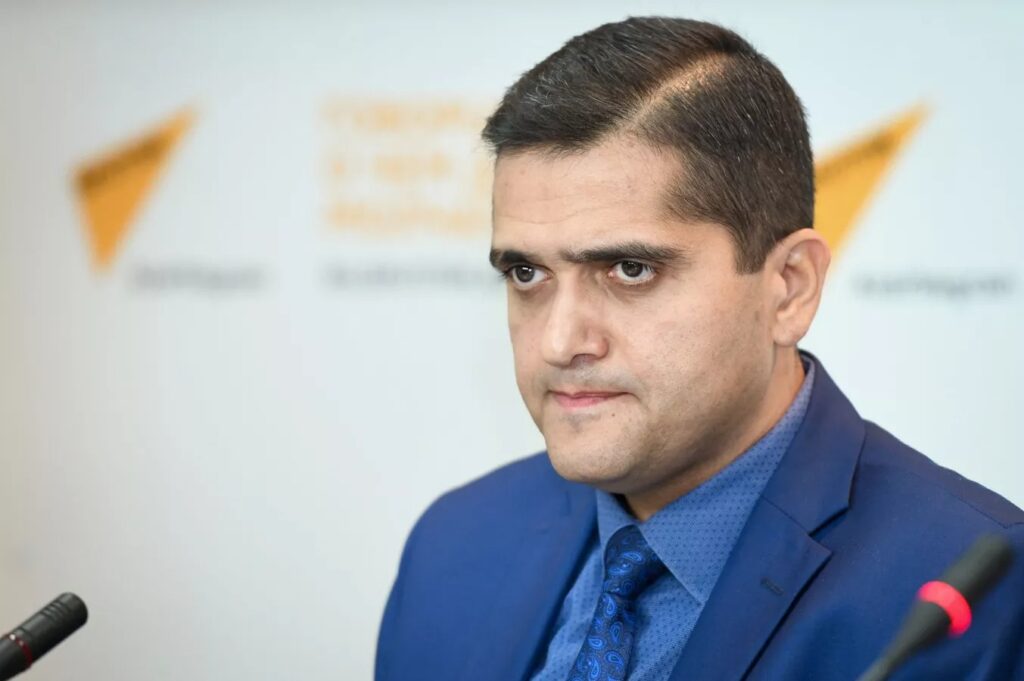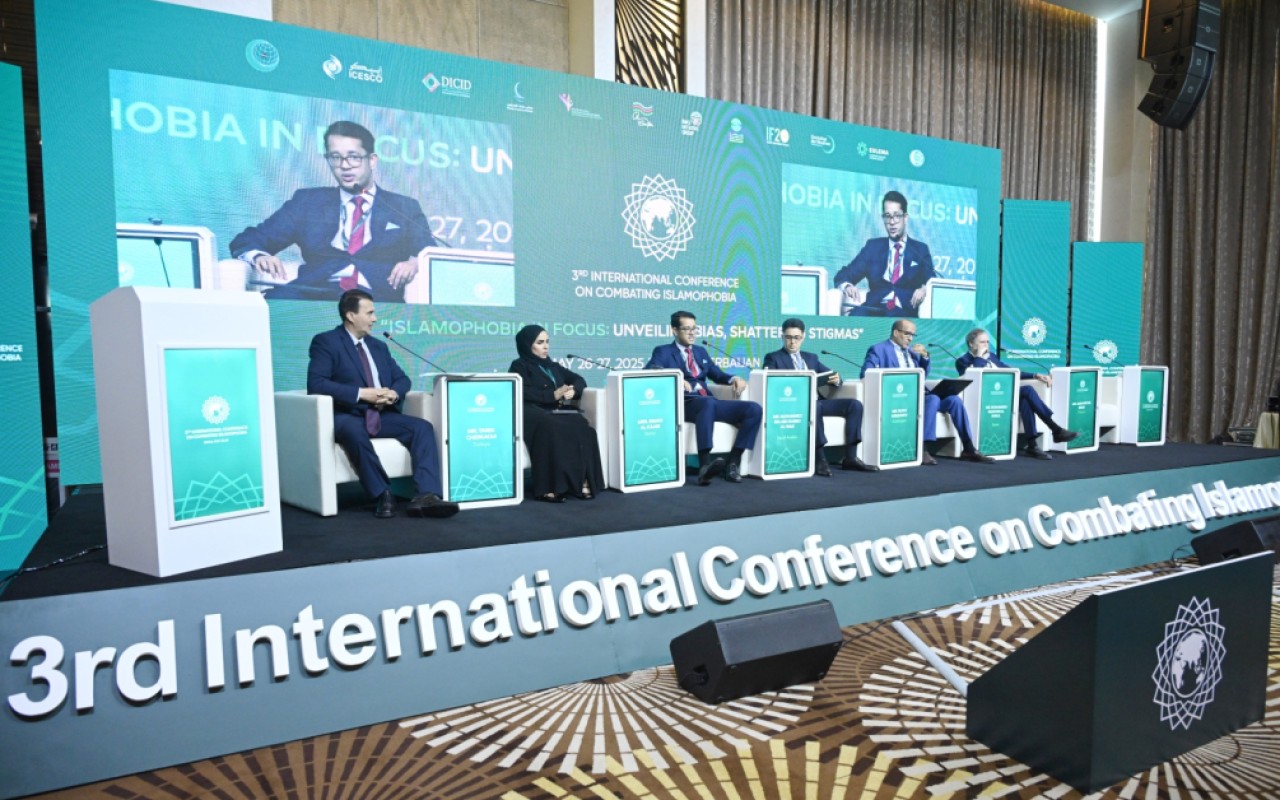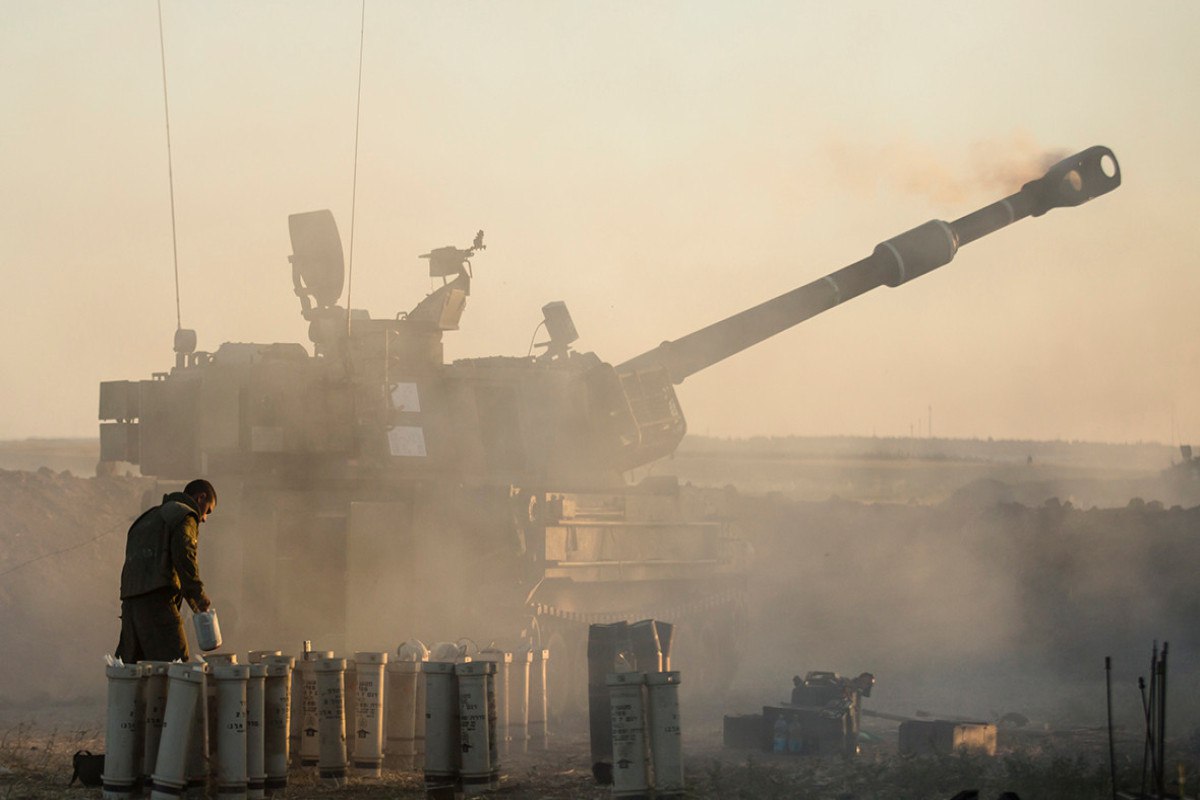What does tension between Israel and Iran mean for Azerbaijan?
Israel-Iran escalation’s implications for Azerbaijan
On 13 June, Israeli airstrikes on Iran transformed years of simmering Middle East tensions into open military confrontation. This move can be seen as the beginning of a new and dangerous phase — not only for Tehran and Tel Aviv but for the entire region.
In this context, one question arises: what could the possible consequences of this escalation be for Azerbaijan?
Open confrontation between Israel and Iran
The strikes carried out by Israel on 13 June targeted key Iranian nuclear facilities — including the Natanz nuclear plant, missile factories, and military sites. Reports claim that Commander-in-Chief of the Islamic Revolutionary Guard Corps Hossein Salami and Chief of the General Staff Mohammad Bagheri were killed. Israel’s Chief of General Staff Herzi Halevi described the action as “a defence of our existence” and stated that the country had reached “the point of no return.”
The response was swift: Iran launched more than 100 drones toward Israel, and Supreme Leader Khamenei vowed “harsh punishment.” Defence Minister Aziz Nasirzadeh and other senior officials said that US bases in the region could also become potential targets.
Elkhan Shahinoglu, head of the Atlas Research Centre and a political analyst, assesses the events within a broader geopolitical context. In his view, the Israeli strikes were foreseeable:
“Israel received authorisation from US President Donald Trump to strike Iran. The IAEA resolution and Rafael Grossi’s statement that ‘Iran could produce several nuclear bombs’ pushed Tel Aviv to press the military button.”
Where does Azerbaijan stand in this conflict?
Although Azerbaijan is not a direct party to the conflict, from both a geographical and geopolitical perspective, it may face serious consequences in terms of security, energy exports, diplomatic balance, and regional stability.
If the war damages energy infrastructure in the Middle East, the importance of Azerbaijani energy exports to Europe will grow significantly. However, this would also bring logistical risks, threats to transport corridors, and the potential for cyberattacks.

If an open war breaks out between Israel and Iran, or if Iran begins to view countries in the region as “Israeli allies” and targets them, Azerbaijan may come under significant pressure.
Political analyst Elkhan Shahinoglu notes that Baku must be prepared for various scenarios involving Iran.
“Our compatriots in Iran may seek refuge in Azerbaijan to escape the war — and we must be ready to receive them.”
One of Israel’s strategic objectives, he argues, could be to strengthen centrifugal forces within Iran. Given the country’s multi-ethnic and multinational composition, any potential disintegration process may also impact Azerbaijan’s internal debate on national identity. Humanitarian and political concerns for the fate of Azerbaijanis in Iran are likely to intensify.
“After the Islamic Revolution of 1979, the war with Iraq helped the regime consolidate. But now the opposite effect is more likely — internal fragmentation and ethnopolitical upheaval. Azerbaijan must keep this in sight,” Shahinoglu emphasises.
Azerbaijan maintains strategic relations with both Israel and Iran: it has close defence and technological cooperation with Israel, while with Iran it shares a 765-kilometre border, a Shia religious community, and the imperative of regional balance. All of this narrows Baku’s room for diplomatic manoeuvre.
Regional dynamics: Armenia–Turkey–Azerbaijan triangle
The political analyst points out that Armenian Prime Minister Nikol Pashinyan’s upcoming visit to Turkey may be linked to the current crisis. Pashinyan understands that Yerevan’s relationship with Tehran will come under serious strain and is trying to adapt to a new regional security architecture. This, in turn, will inevitably impact the peace process between Azerbaijan and Armenia.
“Iran is Armenia’s main ally. But if Yerevan maintains its ties with Tehran at the same level, it could harm its relations with the West. That’s why Pashinyan is trying to find a balance by normalising relations with Turkey,” says Elkhan Shahinoglu.
“Peace is not a luxury for this region, but a necessity”

Founder of ResPlatforma and political commentator Elman Fattah believes this confrontation is the result of irresponsible decisions by leaders:
“Prime Minister Netanyahu has pushed dialogue into the background, while Iran has replaced peace proposals with the rhetoric of struggle. Peace is not a luxury for this region — it is a right to life. As long as leaders try to prolong their political survival through war propaganda, the price paid by their peoples will keep rising.”
Similarly, he says, the hardline ideological stance of Ayatollah Khamenei and Iran’s policy of regional expansion have driven the Iranian people into economic and political isolation. Under his leadership, official Tehran prefers the language of conflict over openness and dialogue.
Fattah also notes that both sides are using war rhetoric to compensate for their internal legitimacy crises:
“Today’s Israeli attacks on Iran show that regional tensions have reached a critical point. Sadly, this situation is the result of leaders with decisive power on both sides choosing confrontation over compromise.”
At present, the latest round of nuclear negotiations with Iran, mediated by the US and Oman, could play a key role in stabilising the situation. However, if this diplomatic opportunity is missed, countries in the region — including Azerbaijan — may find themselves drawn into prolonged military and political uncertainty.





















